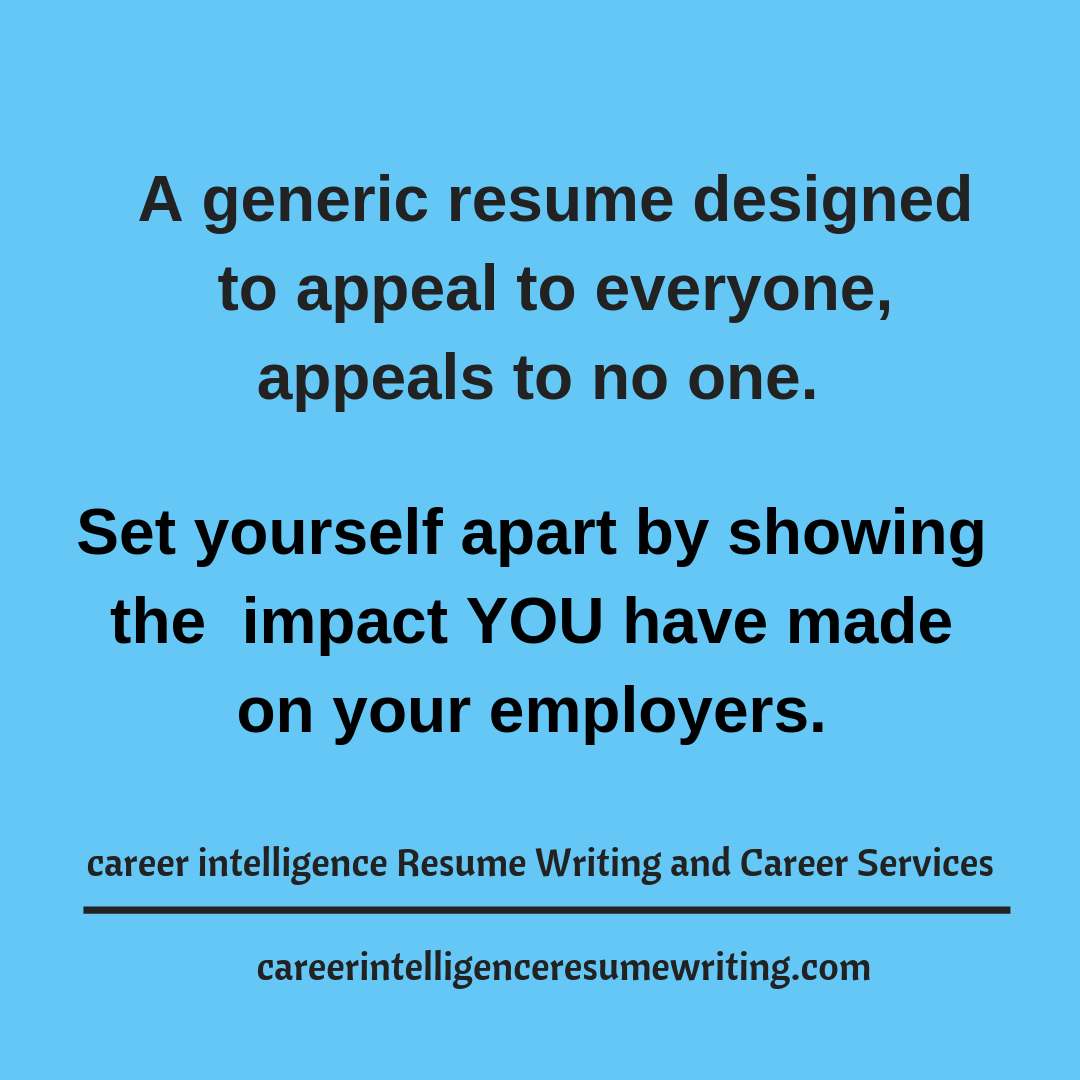LinkedIn Is A Noisy Place – Make Sure You Stand Out
LinkedIn is an incredibly noisy place. If you want people to notice you, you must make sure you stand out. In a good way.
📍Replace LinkedIn’s generic background image which makes you look generic too. (Watch my video to learn how to create your own here.)
📍 Write a headline that sells you to employers or potential clients, because you are more than your job title. You might include:
- Your target title – VP, Marketing, Senior Financial Services Executive, etc.
- Some of your top skills – relevant to an employer or potential client search – SEO, Business Development, Client Retention, etc.
- A tagline about what you do – create winning marketing campaigns or build top-performing teams
How To Take The Nightmare Out Of Networking
You’ve probably heard about the “hidden” job market. It’s really not some secret place where the jobs are. It’s about the number of jobs that get filled through referrals. And that’s why career professionals talk about networking. Contrary to popular belief, that’s not simply making connections on platforms like LinkedIn, it’s building relationships with people who will think of you when they hear about a job that might interest you.
While job boards have their place, spending all your time applying to jobs online isn’t practical. Neither is expecting recruiters to contact you, even if your LinkedIn profile and other social media profiles are compelling. .
While 65% of recruiters use Linkedin to source candidates, according to the 2021 Jobvite Recruiter Nation Report other platforms have gained popularity. Facebook came in at 68%, Instagram at 46%, and YouTube at 35%. The report also notes that recruiting on TikTok is on the rise.
The majority of recruiters (53%), however, noted they found the highest quality candidates on LinkedIn.
Just remember, recruiters don’t work for you; they work for the employer. They are online looking for candidates to fill specific positions. More precisely, they are looking for a square peg to fit into a square hole. If you are a round peg, you’re out of luck.
Unlock Opportunities By Putting Your Email Address On LinkedIn
Want more people to contact you on LinkedIn? Make it EASY for them.
Many people think that if someone wants to contact them, they’ll simply send an InMail.
Maybe they will; maybe they won’t.
Relying On InMail
When I was a recruiter, I spent hours on LinkedIn searching for candidates to fill open positions.
If I found a candidate who looked like they were perfect for our client’s job, I would send them an InMail and track down their email address just to make sure.
But, not if they were a “maybe.”
Read more
Words That Turn Hiring Managers Off (And Words They Love)
I can’t count the number of times I’ve seen someone describe themselves as a team player on their resume. I can say it’s way too many.
However, descriptors like team-player and out-of-the-box thinker make hiring managers cringe according to a 2021 CareerBuilder survey* of hiring managers and human resources pros.
How To Write An Executive Resume That Gets Results
Over the years I’ve looked at a lot of resumes. Some are dreadful. Those that are not as bad need work to get a recruiter’s attention. Particularly, once you reach the executive level.
Common Resume Mistakes
While the resumes are lacking in different ways, they all have some combination of the same problems.
Weak Content
Boring task-focused bullets (managed teams, developed new markets, etc.) or tons of metrics (reached 110% of quota, generated $8M revenue) with no story.
Make Sure Your Executive Resume Demonstrates Your Value
If you’re writing your own executive resume, it can be tempting to include everything you’ve done over the last 20 years. Or longer. A long, boring, job history is the perfect way to make sure no one contacts you.
If you want to get the attention of recruiters and hiring managers, it’s essential to demonstrate YOUR value.
Immediately.
Highlight your achievements. Recruiters and hiring managers want to know about the impact you’ve had on your employers. They want to see times you’ve saved time, improved productivity, cut costs, generated revenue, etc. Present your resume in a modern, easy-to-scan format. Focus on positions that are relevant to employers.
7 Ways To Increase Your Chances Of Getting A New Job
Most of us wouldn’t buy a home or a car or even a new phone without some planning. Before a large purchase we’d check our credit report and research prices. Depending on the purchase, we might read reviews of realtors or retailers. We want to be prepared when we find the perfect whatever.
Yet, many people jump into a job search, a process that could change their life, with no preparation.
They see a few interesting job posts and decide it’s time for a change.
Often, they don’t have their resume or LinkedIn profile recruiter ready. They haven’t researched the salary range for the position they seek. They may not even have a clear understanding of what they want in a new position.
Big mistake.
A job search requires as much preparation as any other big move. Here are 7 steps you need to take before you begin your job search.
How To Establish Yourself As A Thought Leader
A tight job market means tougher competition. People who hadn’t considered moving a couple of years ago are passively looking. Those casually looking have transitioned from passive to active job seekers.
Today, standing out from your competition is essential.
If you’re a senior executive or pursing those roles, one of the best strategies is to have others see you as an authority in your industry, a thought leader.
One way to be recognized as a thought leader is to share knowledge with your community.
How To Increase Your Chances That Recruiters Will Contact You
If you’ve been looking for a new job for more than 5 minutes, you’ve heard that you need to target employers. Most often, the advice is to develop a list of target employers, i.e. the employers you would most like to work for. Then, find a way to network your way in.
This strategy is recommended for a few reasons.
First, the best way to hear about jobs is by regularly checking the career section of your target’s website and/or knowing someone who works there. As a former recruiter, I can say that the only reason that businesses don’t post open positions is when the person doesn’t know they are being replaced.
Second, a resume given directly to someone at a company is more effective than responding to an ad on a job board. This can also be incredibly helpful if done after you respond to an online ad.
FYI, if a recruiter contacts you about an open position where you have a connection be sure to mention it. They may ask you to reach out to your connection to help grease the wheels.
Don’t End Up At The Back Of The Pack In January
There are only a few weeks left to 2018. If you’re already looking or plan to start in the new year, there is no time to waste. Serious candidates are working a job search plan right now. If you’re taking time off to enjoy the holidays, you’re falling behind. Here are a few ways to catch up.
Target Employers
First, create a list of target employers. These are your dream employers, the places you would work if you could work anywhere. Ten is a good place to start. Learn all you can about them.
Make a note to visit their website periodically to check job openings. As a recruiter, it was rare to source a job that was not listed on the company website. The exception being a confidential search when the person didn’t know they were being replace.










